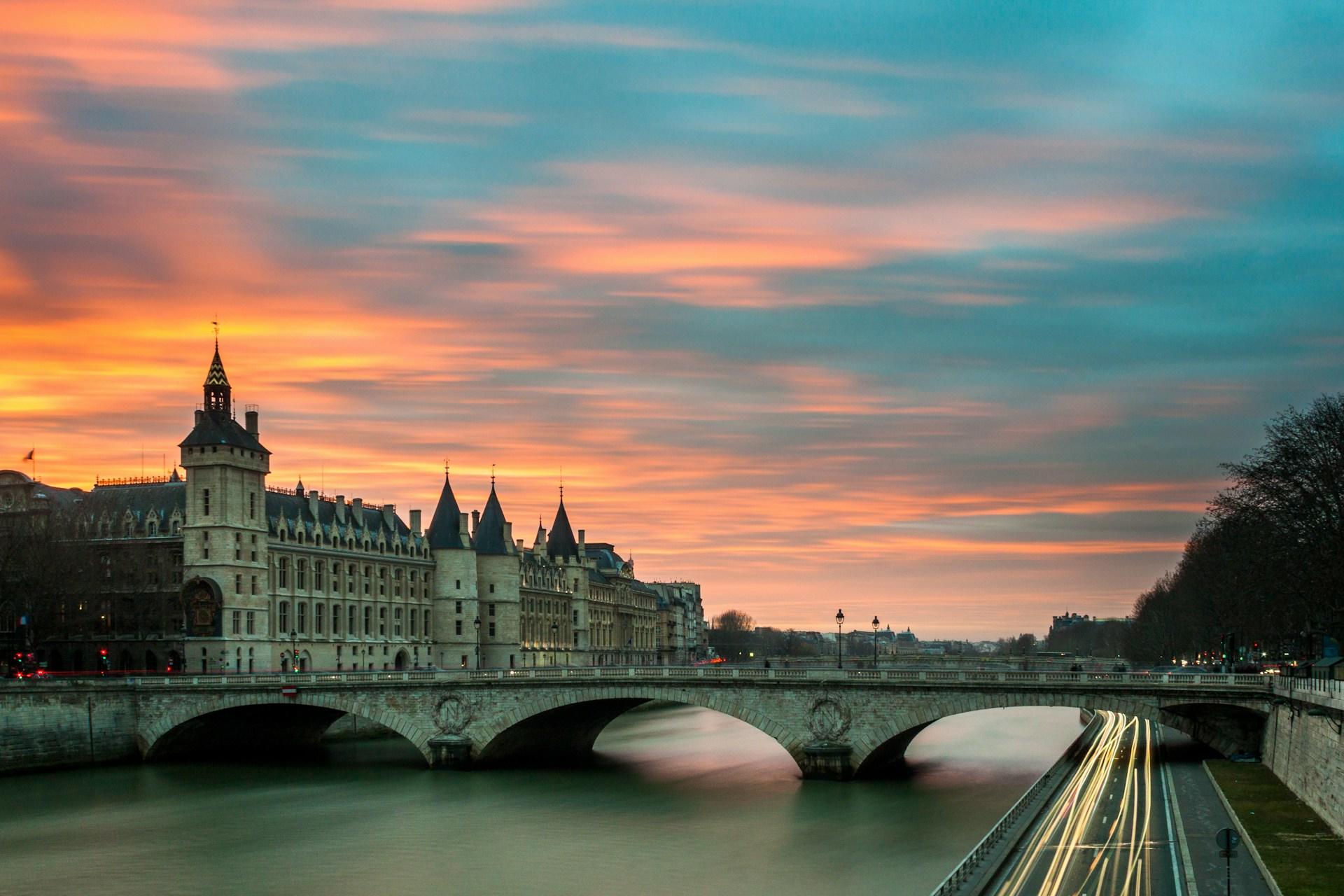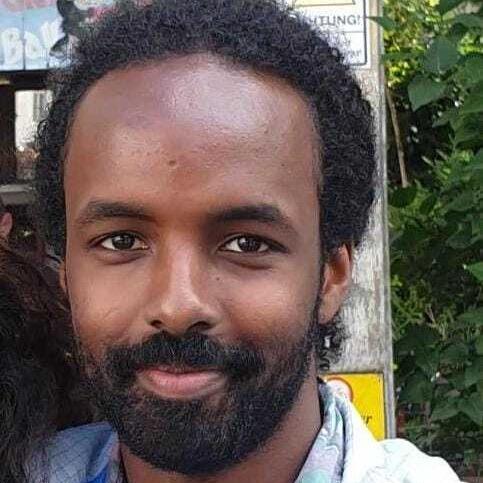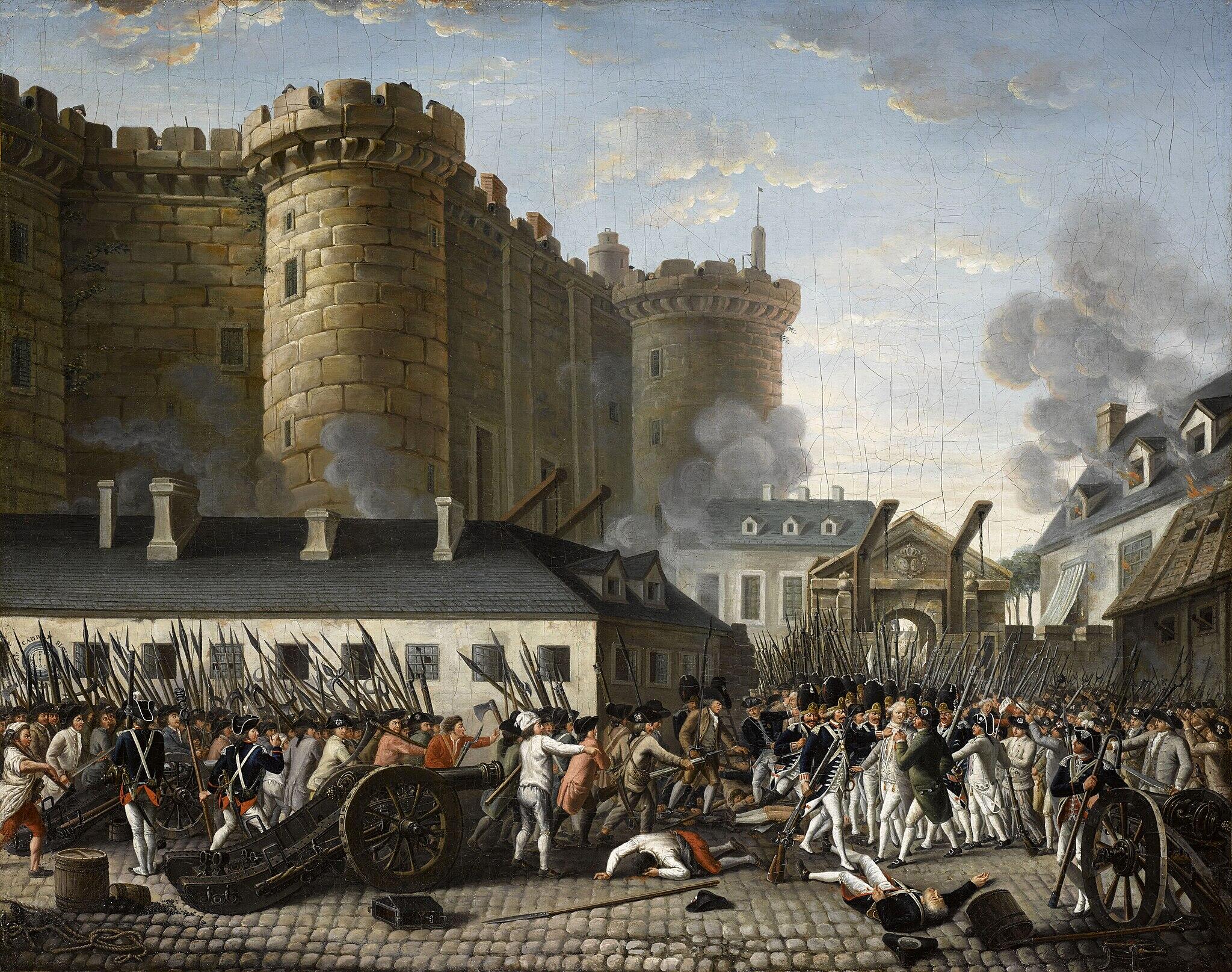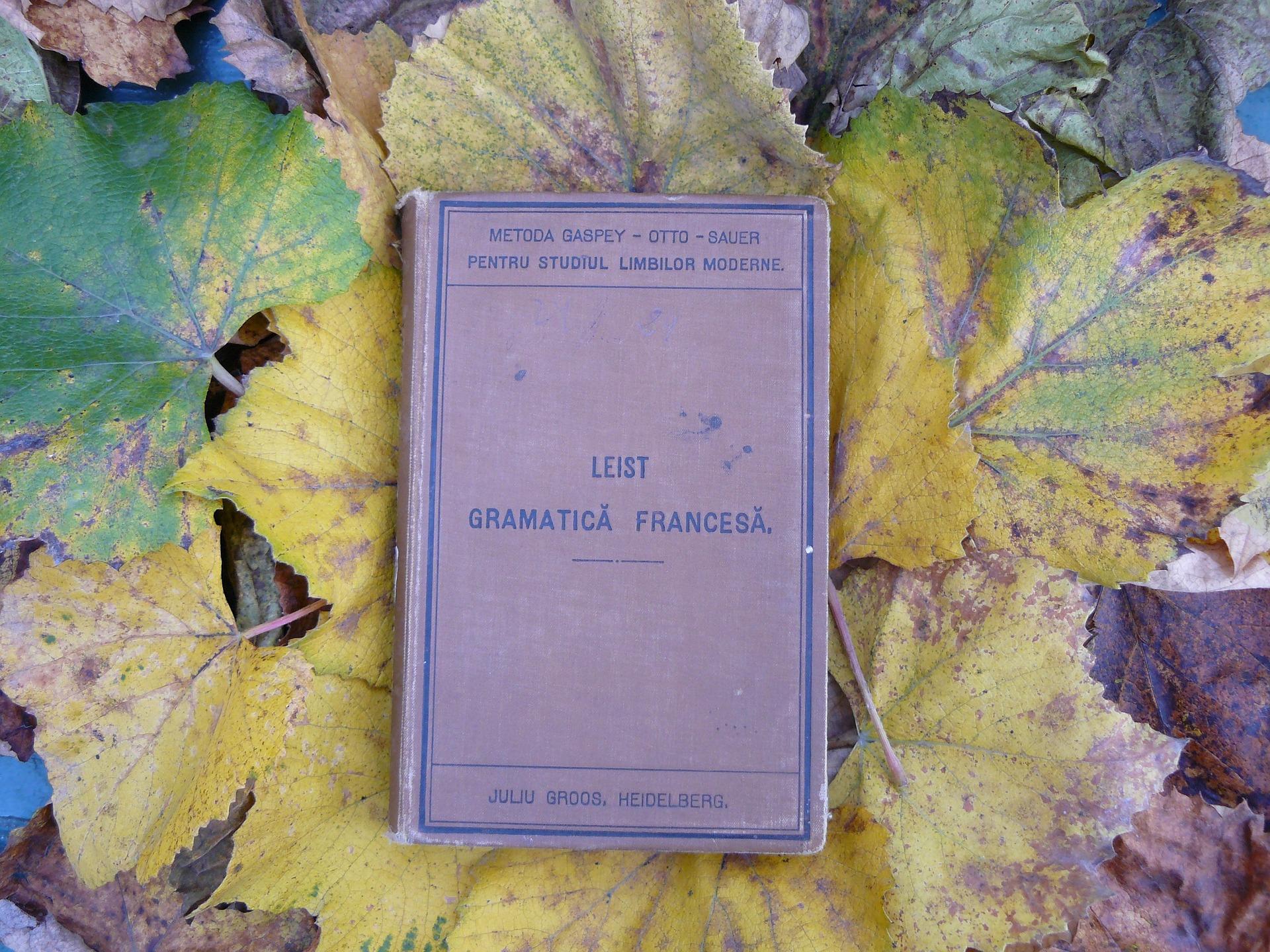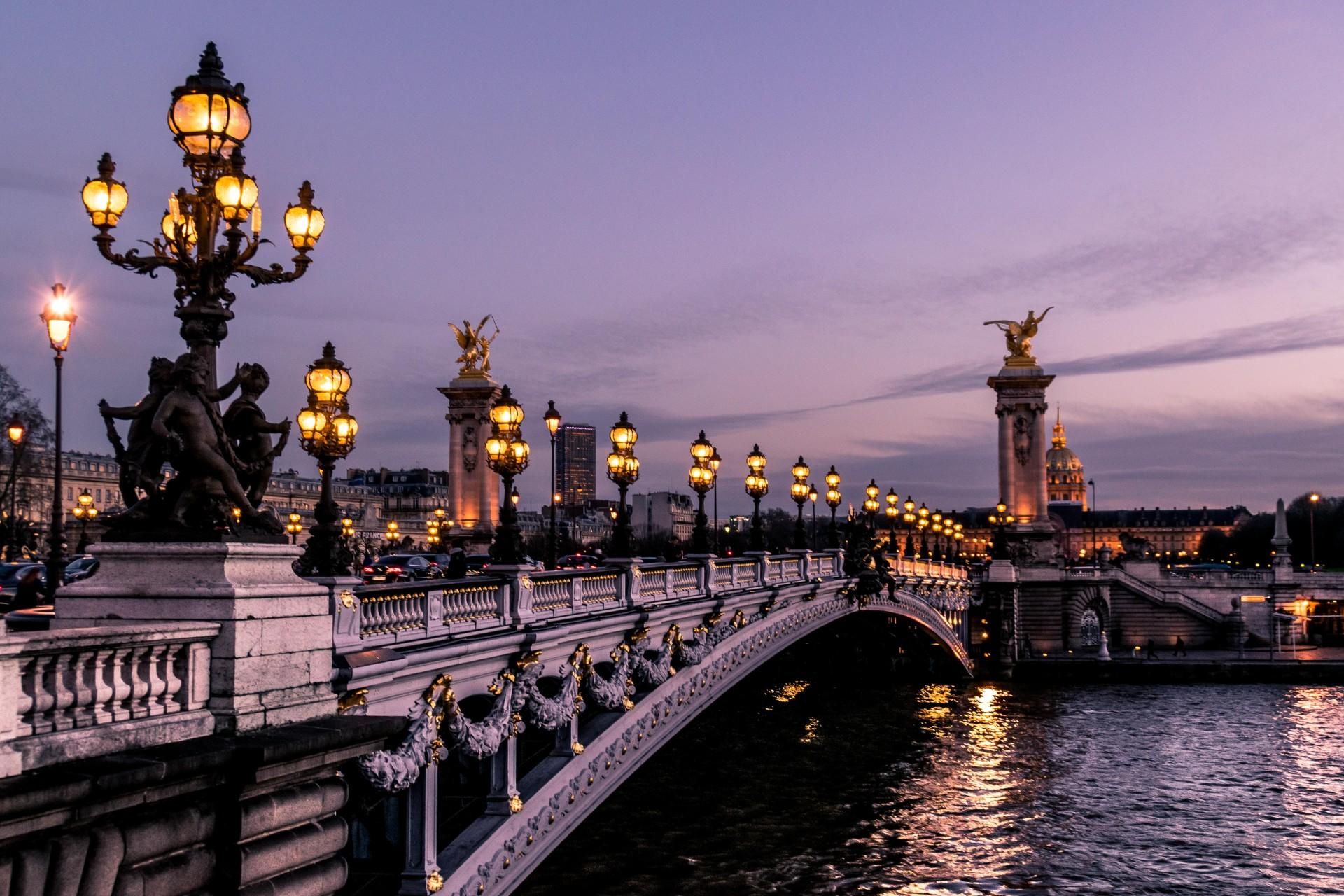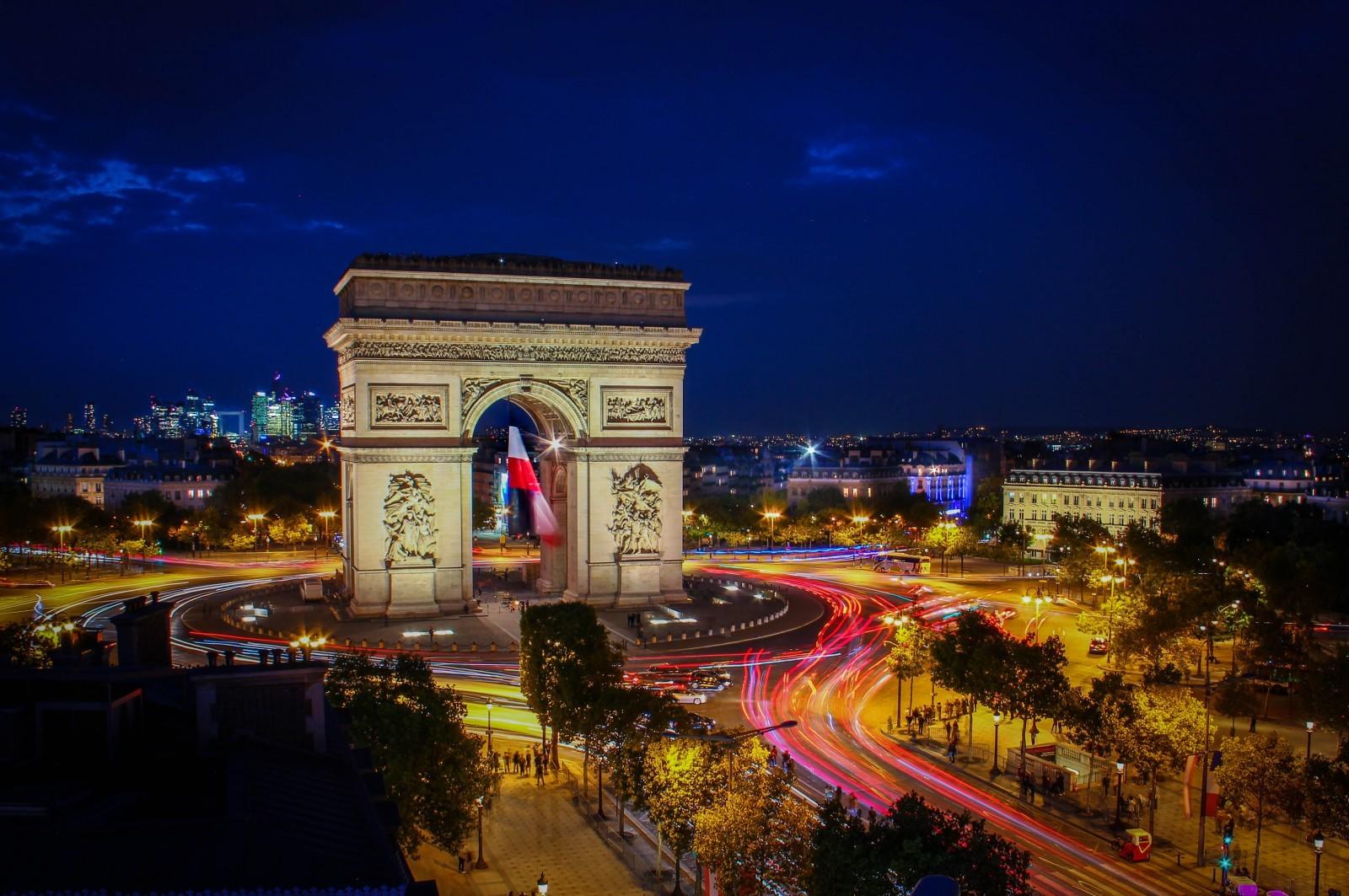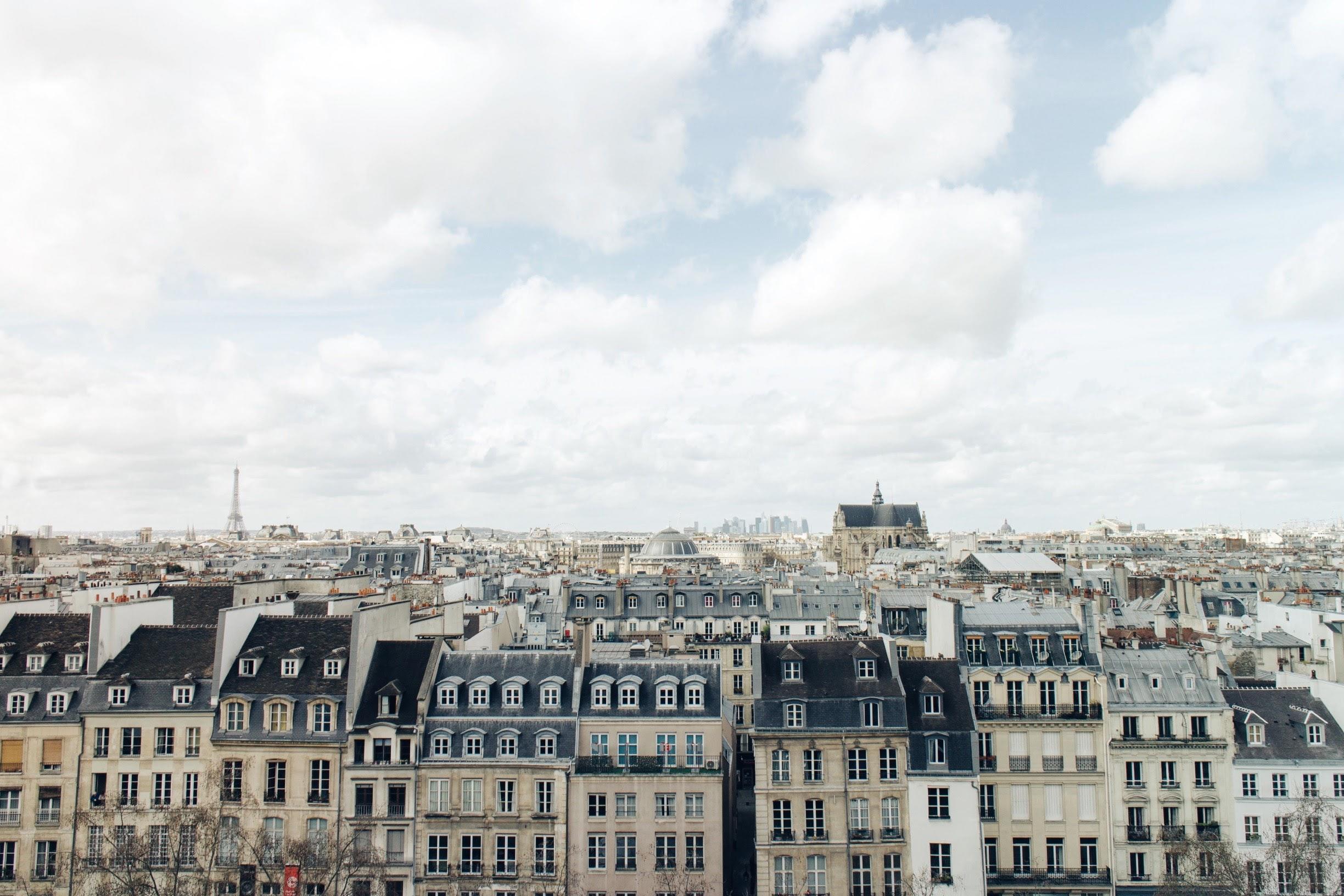In France we have a saying, ‘Joie de vivre,’ which actually doesn’t exist in the English language.
Mireille Guiliano
Some people consider France a romantic destination. Others consider it a destination because that's where everyone goes, at least once in their lives. For some travellers, France is a bucket list item; a voyage they must take before dying.
It's hard to spot Mireille's 'joie de vivre' in all these reasons. After all, going to France is a trip to France, but shouldn't it rather be experiencing France? Granted, planning your trip to France can be a killjoy. Thus, to focus on the joy of travelling, Superprof arms you with this travel guide, which includes:
- basic French phrases to get along in France
- the not-to-miss sites and attractions throughout France
- what to focus on if Paris is your destination
- how to work in day trips from Paris

The Top Attractions in France
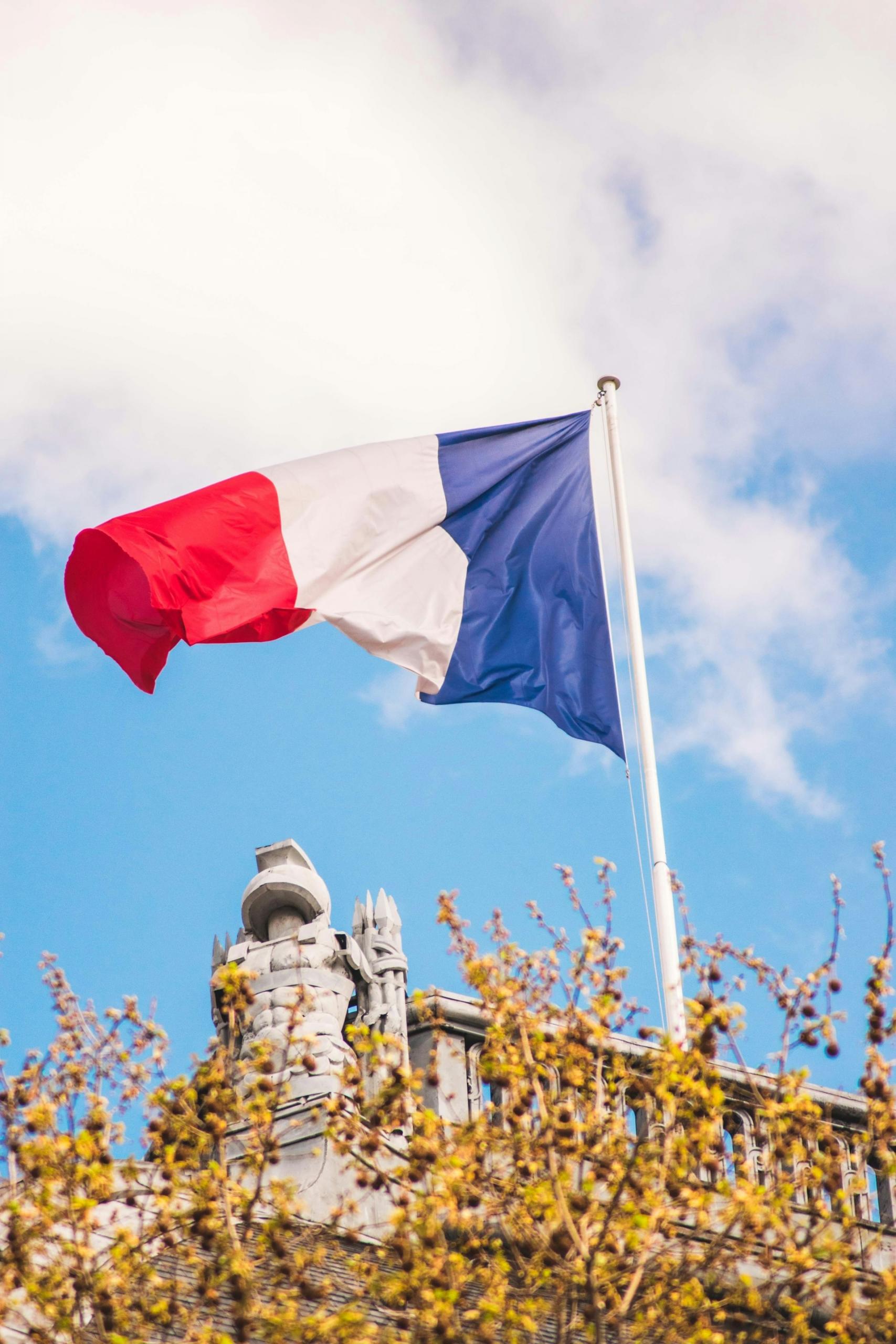
The Fifth Republic of France - the France we know today, was born in 1958. Since then, the country has been more stable, progressive, and welcoming. However, the territory we call France has been settled land for nearly two million years.
As a statement of fact - and made with no context, this argument means little. However, putting it in a travelling context and, suddenly, it becomes loaded with meaning.
From the Lascaux Cave paintings in Dordogne to the Roman ruins across the country, France offers something to delight every traveller.
Tourists chasing history will find no end of relics, such as the aforementioned Roman sites, as well as global war commemorations. Castle-spotters are especially well-served; this country is home to hundreds of them.
What does a trip to France offer athletes and nature lovers? The first group may partake in any activity from biking to climbing; from skiing to paragliding. Water sports abound, and hiking trails lace the country.
Visitors wishing to learn more about the country's culture and history might find the big cities suit their interests the best. Travellers hoping to sample France's regional cuisines should plan for a grand tour of the country.
Plan your trip around the activities you'd like to pursue, rather than what others suggest you should do or see in France.
The top attractions in France are the ones that appeal to you the most. You might consider listing your areas of interest and discovering where in the country to indulge in them.
After all, you shouldn't have to battle the Louvre crowds if you've no interest in museums. This explanation, from a native French person, explains how crucial basing your destinations on your interests is.
Planning your Trip to Paris
For some travellers, the City of Light is the ultimate French destination. Paris has everything: museums, history, antiquity, fun, food, shopping, and anything else you might think of.
The trick is picking through everything on offer to make your Paris experience unique.
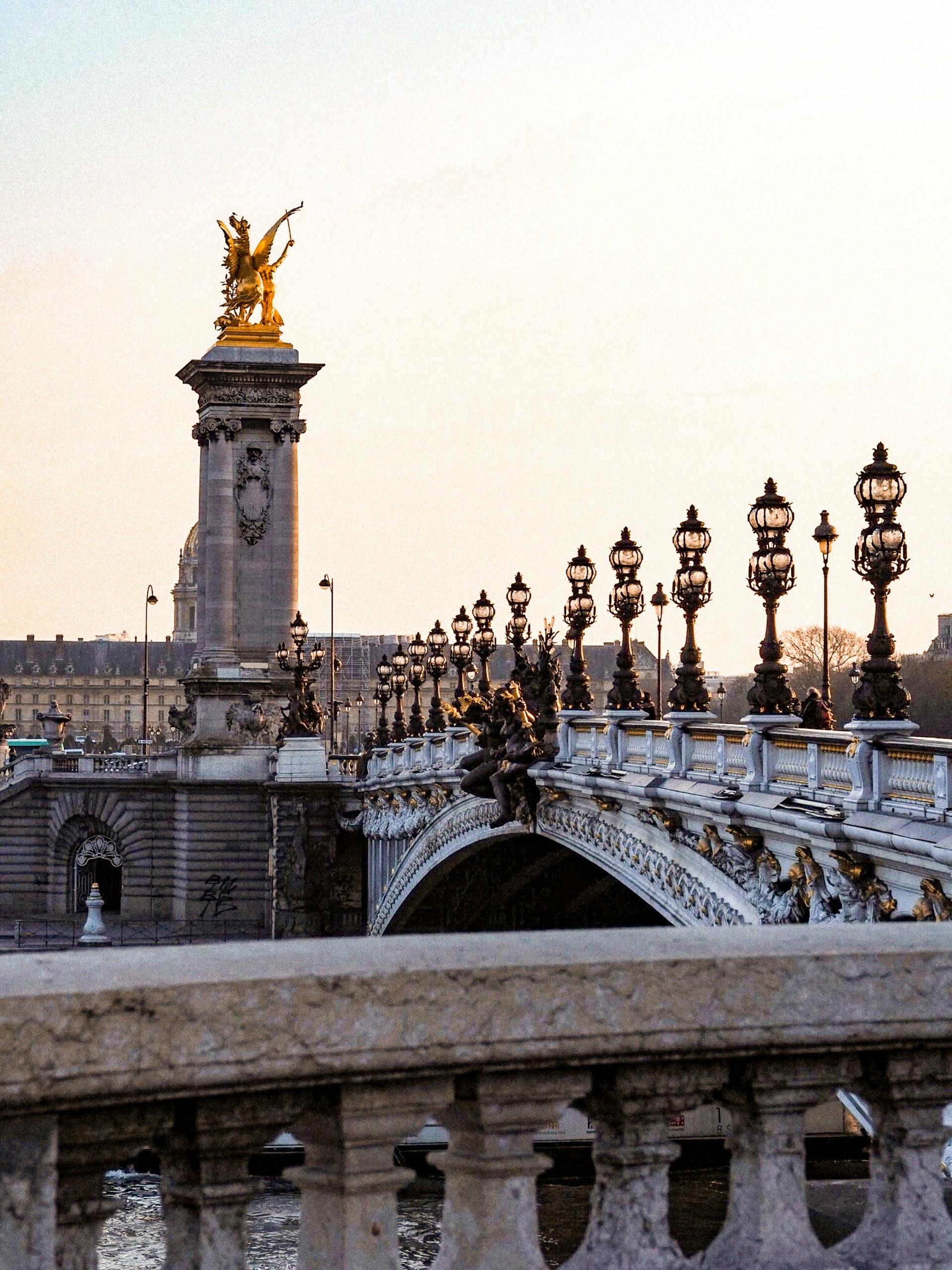
Superprof recommends planning your trip to Paris based on these factors.
How long you'll stay
- 1-3 days: focus on your interests
- 3-5 days: your interests first; recommendations later
- up to two weeks: anything you'd like to explore, recommended or otherwise.
Season/weather
- wet/cold: prioritise indoor spaces, such as museums
- warm/dry: explore parks and urban landscapes
Budget
- thrifty: free activities - museums, parks, walking around
- limited: less expensive Paris offerings
- splurge: the most renowned sites and experiences.
Visiting Paris might be more challenging, as this city will host the 2024 Summer Olympics.
You might know that Paris is organised into districts - arrondissements, in French. The first eight arrondissments form the city's centre. The top Paris sites, such as the Louvre, the Eiffel Tower, and the Champs Elysées are all within the Paris City Centre.
However, going farther afield yields yet more treasures. Montmartre and the artist's village is in the 18th arrondissement (18th ARR on the map). Disneyland Paris is in the 12th. The Versailles Palace is dans la banlieue - in a suburb of Paris.
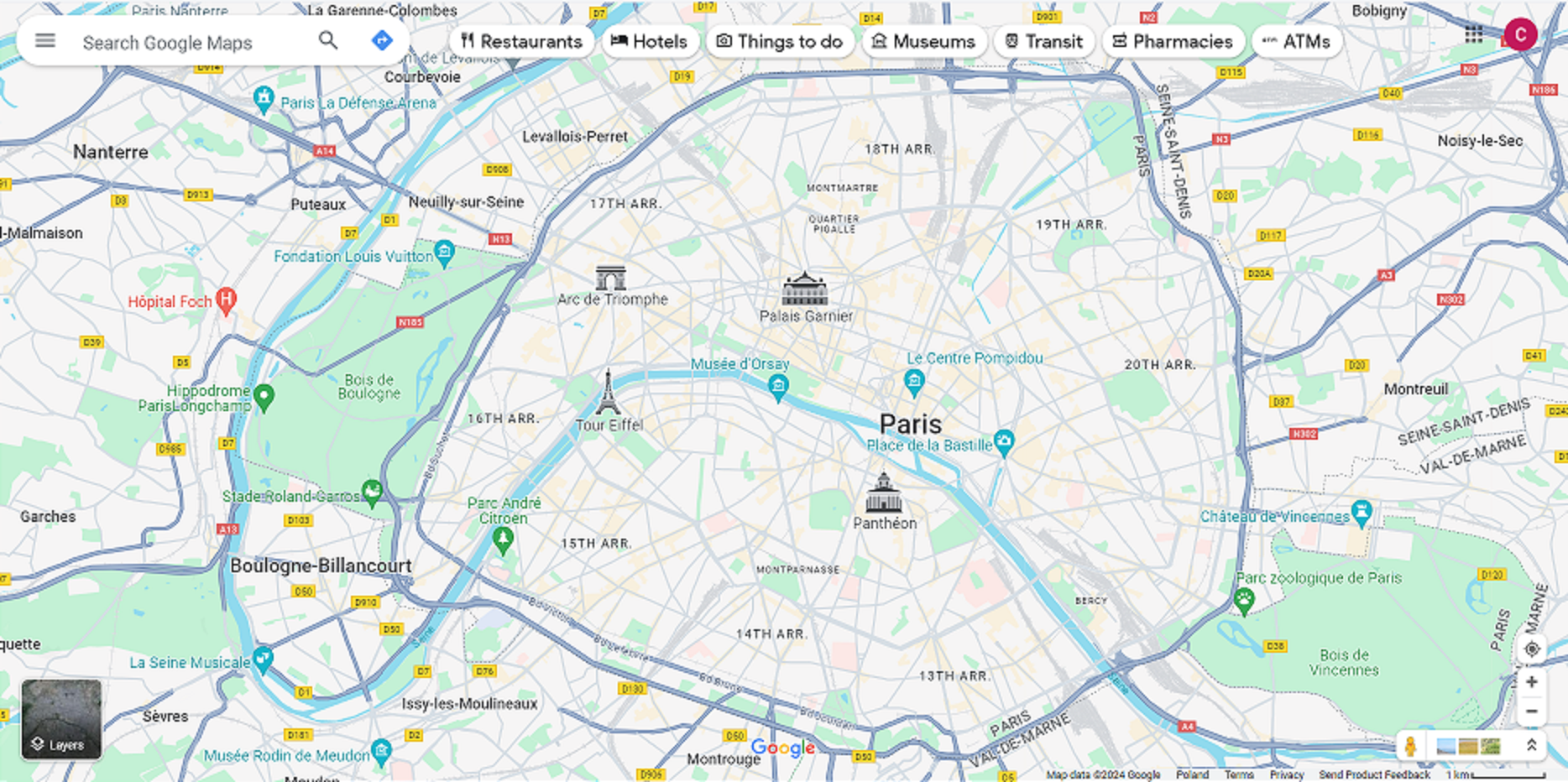
As you plan your trip to Paris, consider first all the things you want to see and do while there. Once you know which arrondissement most of your target venues are, you can look for hotels in that district. You should also study Paris' public transportation network, so you'll have no trouble finding your way around to the attractions you want to see.

What to Do in Paris
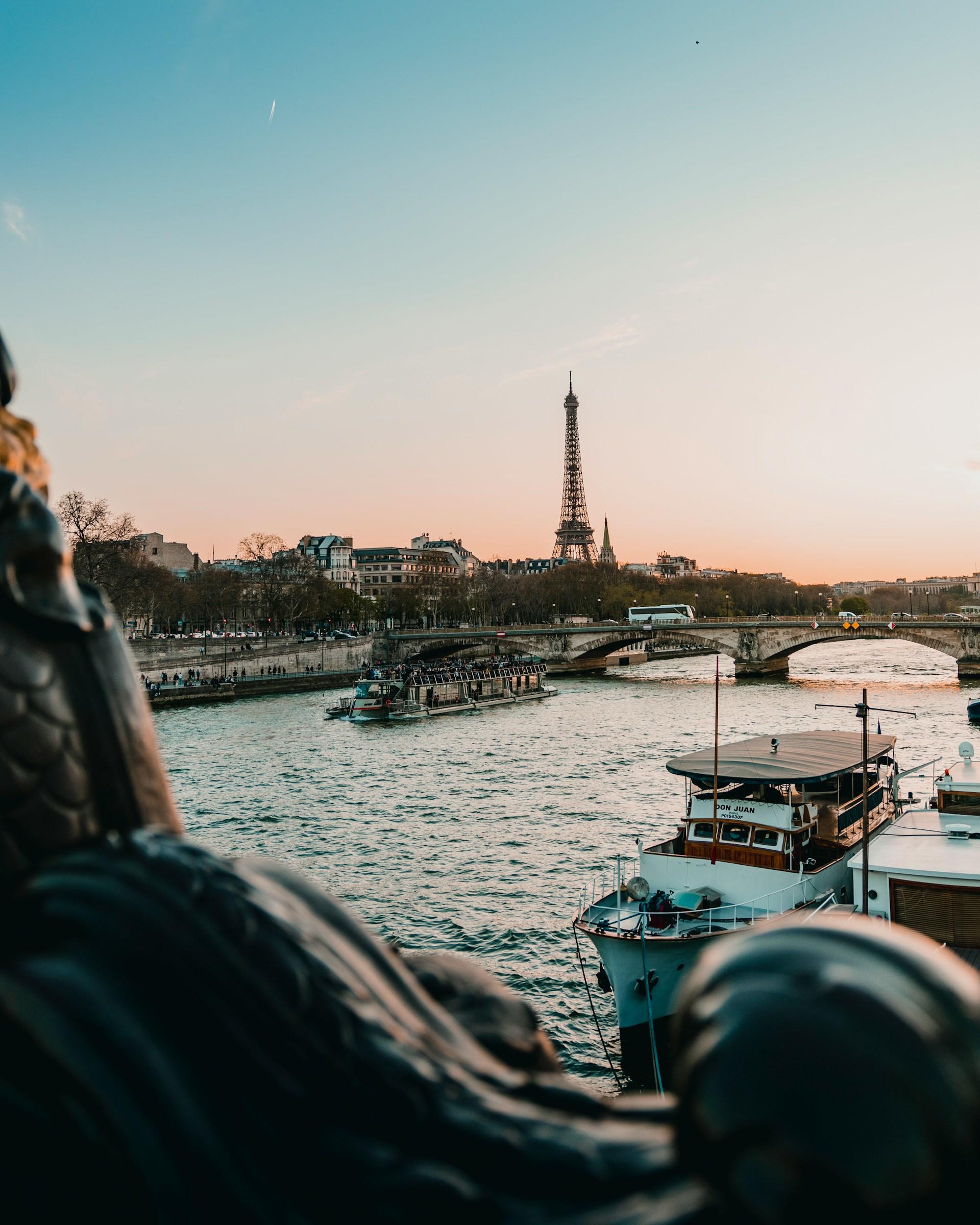
For some Paris visitors, the standard Louvre-Seine-Tour Eiffel circuit is all they need. Throw a few bistros into the mix, and perhaps an outdoor café, and their Paris visit is complete.
More discerning travellers know there's more to the city than that. Paris spans 814km2; keen observers find things of awe at every turn.
Indeed, the list of Paris attractions is so long that some may feel overwhelmed. The trick is to find the Paris activities that appeal the most to you, as these travellers have done.
Your trip to France gives you the chance to discover what Paris means to you. You might prefer munching breakfast croissants as you stroll the quiet, early-morning streets. Or you could spend the day riding buses through the city, to get an unofficial guided tour. Such a plan is a great way to see more Paris sights!
The Best Day Trips out of Paris
Should you only have a few days to spend in Paris, you'll likely want to spend them all exploring this city. However, if you have more than, say, five days, leaving Paris behind is a fine idea. You won't have to go far to make new discoveries.
Reims is only about 40 minutes northeast of Paris. While there, you can tour the centuries-old cathedral, which witness the coronation of all but two French kings. You can also learn about champagne when you take in the wine cellars and tour the region's vineyards.
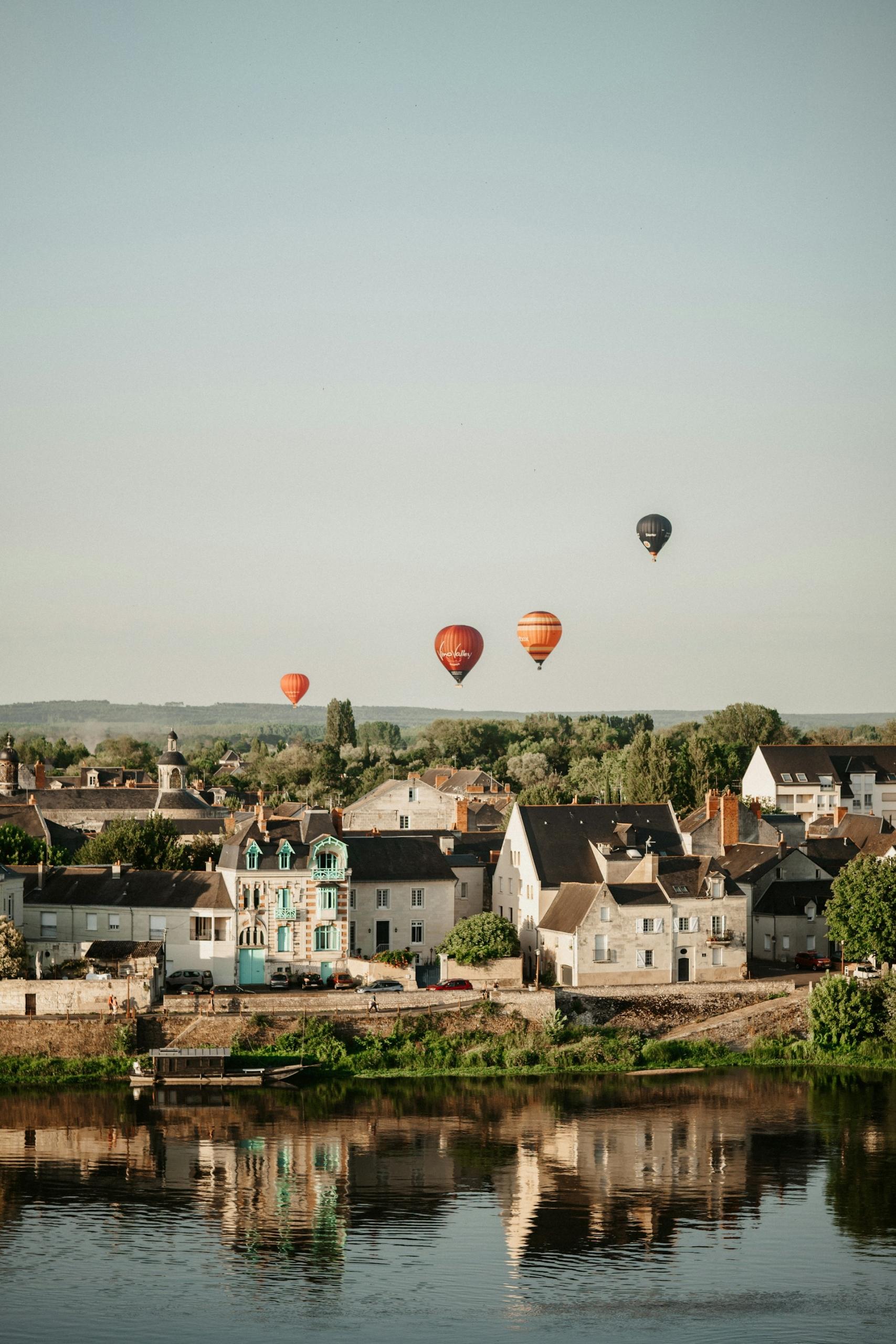
How about going on a castle hunt? The Loire Valley boasts more than 300 castles, some of which feature Renaissance design. Besides these historic buildings, the entire region abounds with natural beauty. Follow the Loire River to find these treasures for yourself.
Would you like to spend the day at the beach? An early train to Bordeaux, and then a short hop to Arcachon will suit you. You may also climb the Pyla, Europe's largest sand dune, and still be back in your Paris hotel for a good night's sleep. Also, consider these enticing day trips from Paris:
The Best Places to Visit in France
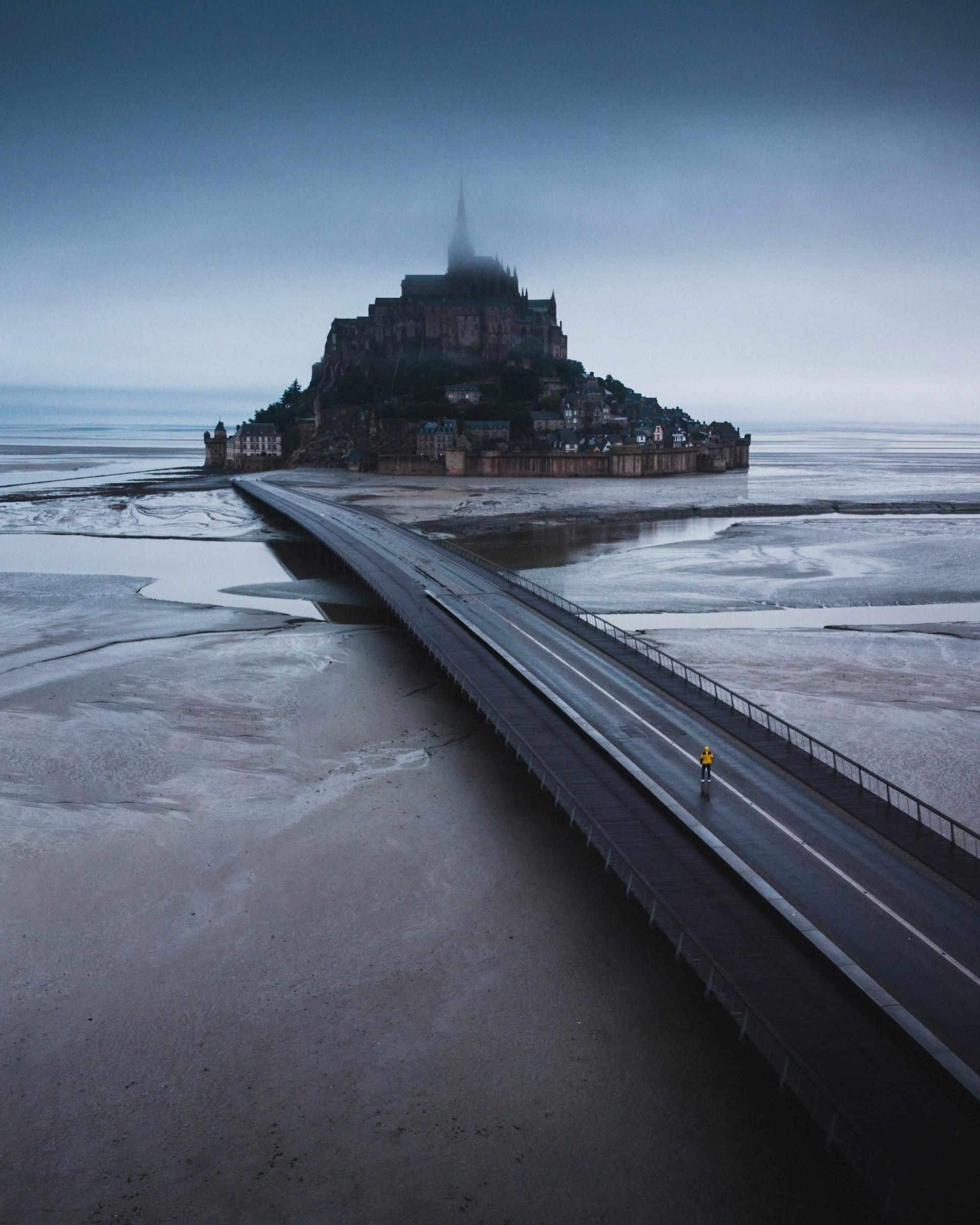
Some of France's best-kept secrets lie hours outside of Paris. For instance, the Mont St-Michel, featured in the video and this picture, is more than four hours away. Unsurprisingly, it's one of the best places to visit in France.
So is the Côte d'Azur - what we call the French Riviera, in English. It lies on the southern coast of France, on the Mediterranean. You don't have to head directly to St Tropez, one of the top spots. The lavender fields of Provence are visit-worthy, too.
If you're a mountaineering sort, you'll thrill when you visit the Massif-Central. This centrally-located mountain range includes the Mont Blanc, Europe's tallest peak. Conversely, if volcanoes fascinate you, Auvergne is the region to see.
For a touch of the magical, the eastern region of Alsace delivers. Caught in a centuries-long tug-of-war between France and Germany, it now lies in France. Still, its many villages boast charming German architecture; its winding alleys and waterways make it feel straight out of Hobbit Town. For many, Alsace is the top pick for places to visit in France; this clip reveals a few more.
Essential Travel Phrases in French
If nothing else, this exposé shows us that France is well worth its reputation as the top travel destination in Europe.
Still, no matter where you go in this country, you should learn a few French words. Particularly if you plan to visit areas outside of major French cities, where speaking English is less common.
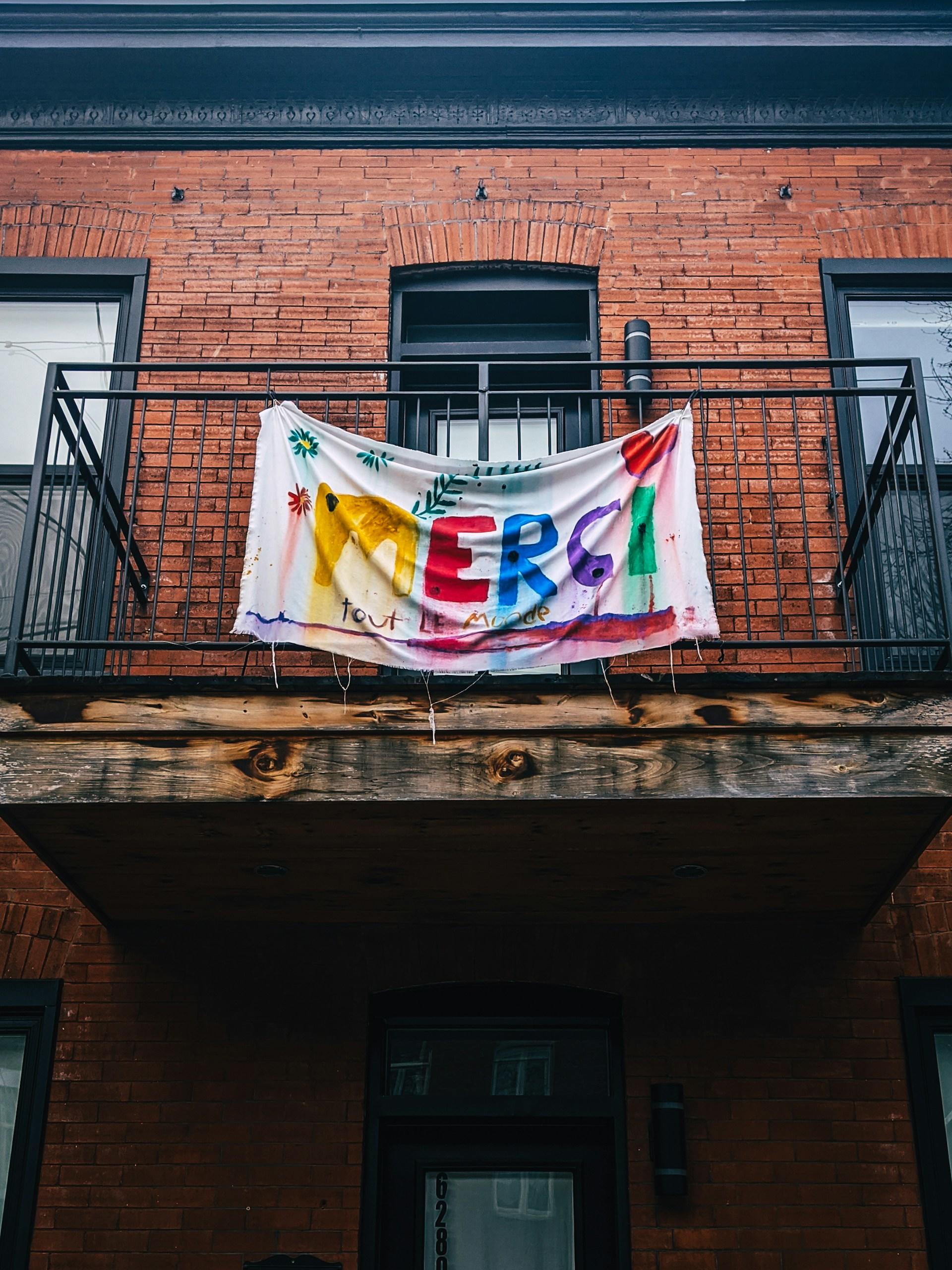
Greeting people with a cheery bonjour and saying merci is the bare minimum to show respect for your hosts. Taking your leave with a sincere au revoir proves how much you enjoyed your visit. However, none of these will help you order a meal at a restaurant or find your way around the country.
In this age of electronic translators, you may feel you don't have to learn any French to enjoy this lovely country. However, the more off the beaten path you go - the further outside big cities, the more likely you are to find yourself at a disadvantage.
Politeness is the most important aspect of French culture. Besides learning basic courtesy phrases, travellers to France should study French phrases related to food and dining, as well as asking for directions.
Thus, learning essential French phrases that speak to France's mannered culture is paramount. This French traveller gives us tips on communicating in France, so that we, too, might embrace France's joie de vivre.
Summarise with AI:

